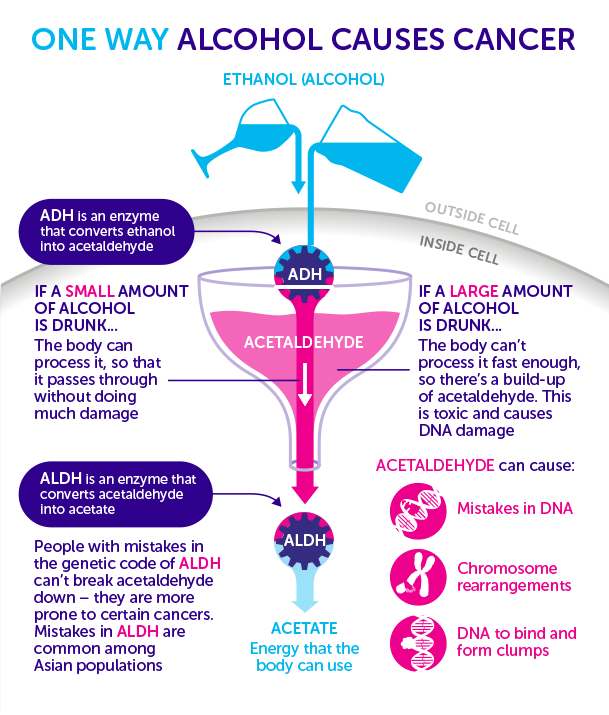Unravel the mysteries behind alcohol consumption and intoxication levels with an in-depth exploration of the science behind BAC levels.
Table of Contents
Whether you are a seasoned drinker or someone who enjoys the occasional beer at a social gathering, the question of how many beers it takes to get drunk is one that has likely crossed your mind at some point. The answer is not as straightforward as one might think, as several factors come into play when determining an individual’s level of intoxication. In this blog post, we will delve into the science behind alcohol metabolism, individual tolerance levels, and various factors that can influence intoxication.
The Science Behind Alcohol Metabolism
alcohol metabolism is a complex process that begins as soon as you take your first sip. Once alcohol enters your bloodstream, it is quickly absorbed by the stomach and small intestine. From there, it travels to the liver, where enzymes work to break down the alcohol molecules. These enzymes, known as alcohol dehydrogenase and aldehyde dehydrogenase, help convert alcohol into acetaldehyde and then into acetate, which is eventually broken down into water and carbon dioxide and eliminated from the body.
Individual Tolerance Levels
When it comes to alcohol consumption, individual tolerance levels can vary significantly. Factors such as body weight, gender, genetics, and overall health can all play a role in how quickly someone becomes intoxicated. Generally, individuals with a higher body weight tend to have a higher tolerance for alcohol, as there is more body mass to absorb the alcohol. Gender also plays a role, with women typically having a lower tolerance for alcohol than men due to differences in body composition and enzyme levels.
Factors Influencing Intoxication
Aside from individual tolerance levels, several other factors can influence how quickly someone becomes intoxicated. Drinking on an empty stomach, for example, can lead to a faster absorption of alcohol into the bloodstream, as there is nothing to slow down the process. Mixing alcohol with medications can also impact intoxication levels, as certain medications can interact with alcohol and increase its effects.

Image courtesy of blog.dana-farber.org via Google Images
To stay safe and enjoy alcohol responsibly, it is essential to be mindful of these factors and make informed choices when it comes to drinking. Knowing your limits and being aware of the potential risks associated with alcohol consumption can help prevent dangerous situations and protect your health in the long run.
Conclusion
When it comes to the question of how many beers it takes to get drunk, the answer is not a one-size-fits-all solution. Understanding the science behind alcohol metabolism, individual tolerance levels, and factors influencing intoxication is crucial in making informed decisions about alcohol consumption. By being mindful of these factors and prioritizing responsible drinking practices, you can enjoy alcohol in moderation and minimize the risks associated with excessive drinking.
Remember, it’s always better to be safe than sorry when it comes to alcohol consumption. Know your limits, drink responsibly, and prioritize your health and well-being above all else.
FAQs
How does alcohol affect the body’s metabolism?
Alcohol is broken down by enzymes in the liver, leading to the production of acetaldehyde and acetate. These byproducts are eventually metabolized into water and carbon dioxide and eliminated from the body.
What factors can influence individual tolerance levels to alcohol?
Body weight, gender, genetics, and overall health can all play a role in determining an individual’s tolerance to alcohol. Generally, individuals with higher body weight and more robust liver function tend to have a higher tolerance for alcohol.
How does drinking on an empty stomach impact alcohol intoxication?
Consuming alcohol on an empty stomach can lead to faster absorption into the bloodstream, resulting in quicker intoxication. Food in the stomach can slow down the absorption process, helping to moderate blood alcohol levels.
Is it safe to mix alcohol with medications?
Mixing alcohol with medications can be dangerous and increase the effects of both substances. It is essential to consult with a healthcare provider before consuming alcohol while taking medications to avoid potential adverse reactions.
Generated by Texta.ai Blog Automation


Leave a Reply